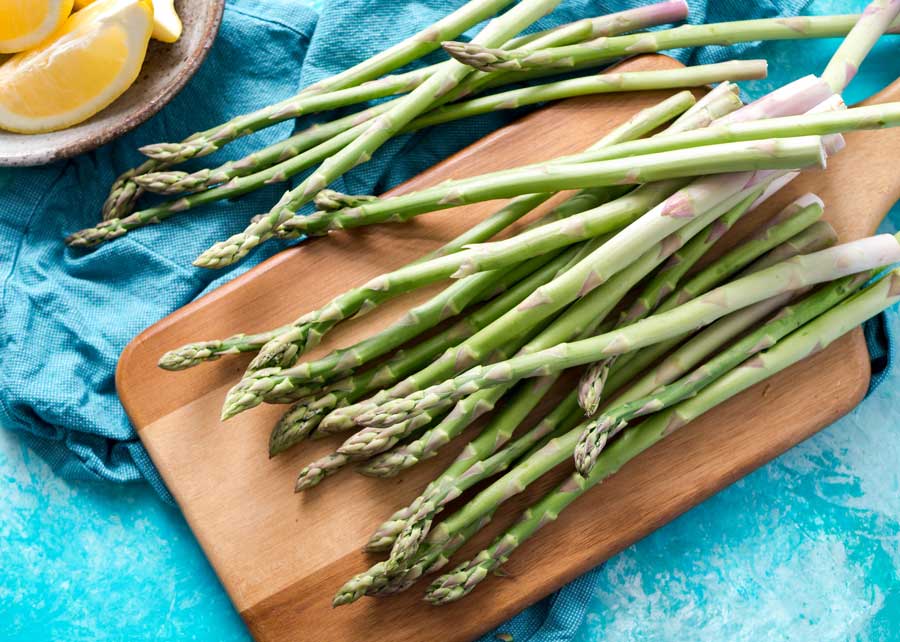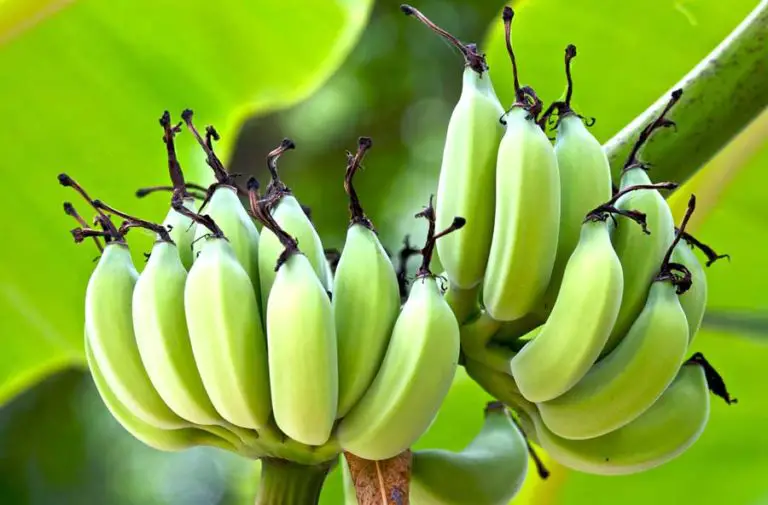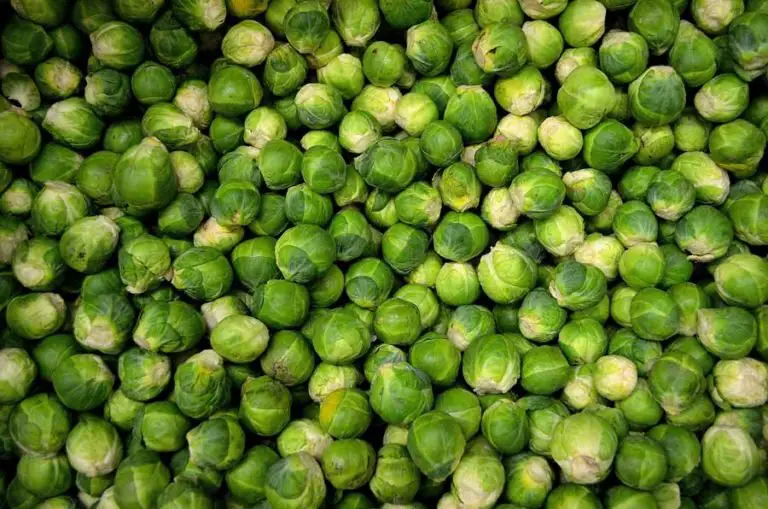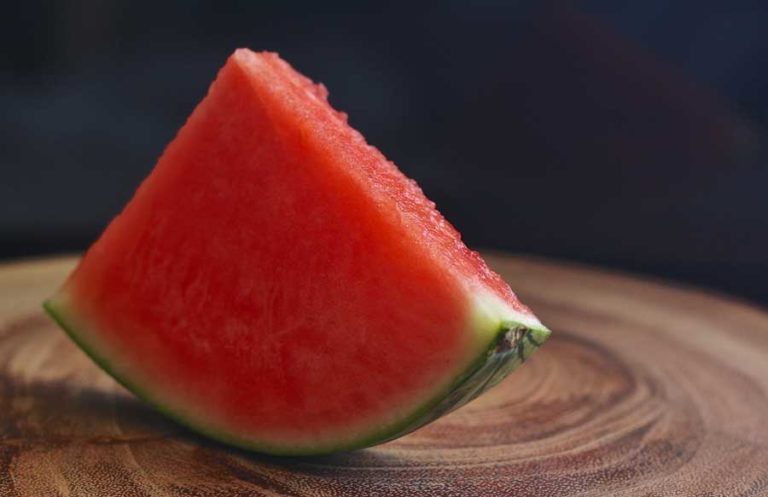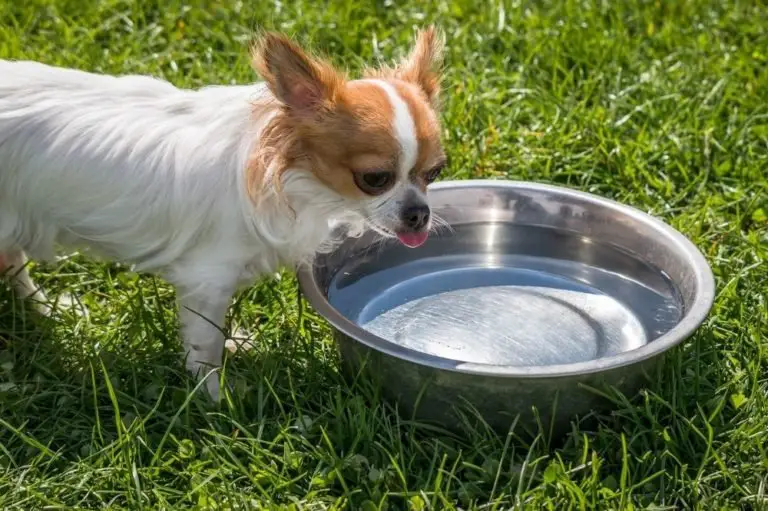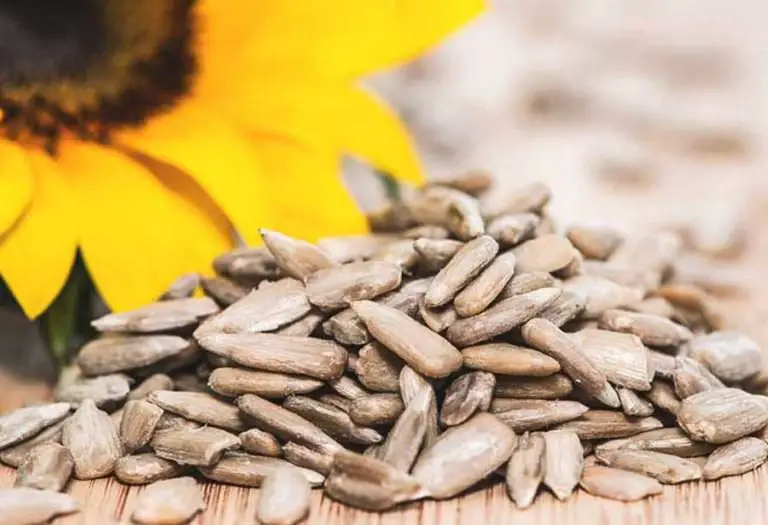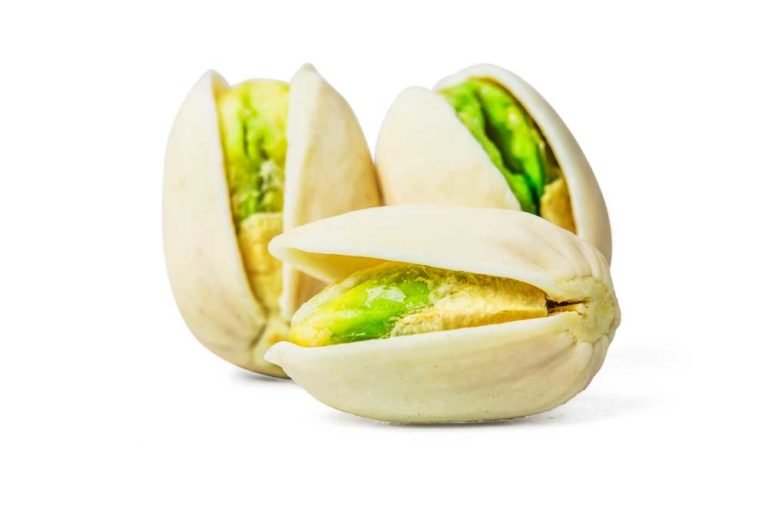Can Dogs Eat Asparagus? The Benefits And Risks
Who would have imagined the prized vegetable of Northern Africa would land at our pooch’s plate in 2500 years since it was first discovered.
First up, what has to be kept in mind is that Dogs are decedents of wolves, and wolves were largely carnivorous. Over the years, we have evolved the free-roaming wolf breed into a domesticated and friendly dog. This also means that our Dogs have dietary habits of wolves ingrained in their DNA somewhere, still. Our Dogs are, therefore, largely carnivores.
The second most valuable tip about our pup’s diet is that whatever is not good for our kids is generally not good for dogs. So, small bones, tough hide vegetables, spices, onions, etc. are out.
So, yes, dogs can eat asparagus vegetables, but not in huge quantities and certainly not gladly. They would prefer to get their essential nutrients, vitamins, minerals, antioxidants from fruits and other sources in nature, not necessarily asparagus.
But since we have tamed our Dogs to eat out of our hands and our kitchens, we now have to make sure they get the best nutrients possible from the same plant that can supplement their meat diet.
Now, let’s dive straight into the Benefits of Asparagus plant diet and the Risk it poses our Dogs:-
Benefits of an Asparagus diet for our pooch
Asparagus is a power pack of nutrients, Vitamins, minerals that we would have to arrange from elsewhere anyway. So, why not use this single plant to pack out the dog? Vitamins A, B-9, E, and K are needed for blood clotting, cell health, immunity, and vision.
Minerals like Potassium Phosphorus, calcium are needed for bones, teeth, and cartilage. Antioxidants like Polyphenol and Flavonoids prevent cell breakdown that stops aging, bone problems, cancer, heart disease, and diabetes; these are chronically notorious medical conditions for canines.
- Asparagus is high on fiber. One 90 gm. a cup contains 1.8gms fiber that keeps the bowel moving by latching on to excrement and the gut is where Dogs’ immunity resides.
- Asparagus is also low on calories (24 per cup) and high on water content (93%) that is a god sent for a dog like a Labrador that love to pack the pounds, every opportunity it gets
- Asparagus is a diuretic that clears out the blood and excess water retained of impurities.
- Asparagus doesn’t have the side effects of other non-meat food like guava, a tomato that may cause gall stones.
- Asparagus can be easily grilled, steamed, roasted and boiled, without adding any preservatives, oils or salt, to make it tender for the animal. This vegetable can also be chopped, ground and minced to mix with the meat portion of the Dog’s daily diet. So, there are various menus to choose from for our pooch.
- Asparagus has prebiotics that facilitates probiotics and the good germs that break down food in our Dog’s guts.
- Springtime vegetable Asparagus of the green variety is not only tasty but also fresh; the green color shows sufficient exposure to bright sun. The other two kinds, purple and white lack either some or many of the benefits explained above.
- Asparagus can be mixed up and served with various dishes that are usually made at home, like rice chicken, bone soup broth, dehydrated with sweet potato; so it’s convenient.
- Dogs are known to comfortably eat asparagus at home, especially if the dog has been exposed to the taste early on in life
- Dogs need vegetables in small quantities i.e. 10% of their daily diet, so it makes sense to chop up and serve one helping of boiled asparagus with meat and kibble to reduce the diet bill
- Asparagus can be easily grown at home to see that it is free from pesticides and the harmful portions.
So, it’s a good idea to start with a small portion of Asparagus in the dog’s diet and if there are no signs of discomfort, bowel irritation, loose stool, then make it a regular feature along with carrots and sweet potatoes.
The risk associated with the use of asparagus in our Dogs’ diet
The only major risk associated with the use of asparagus as a dietary supplement for dogs is if the owner makes a mistake in preparing the meal.
- Asparagus plant has certain harmful parts that need to be removed before making is easily edible and digestible. The best part is the supple stem and the spear. The red fruit and leaves bad for digestion and may cause diarrhea for the animal. Also, the fern of asparagus has to be kept away from the animal, in case the dogs forget its instincts and chomps on his favorite meal, right from our veritable garden.
- Asparagus in excess causes foul-smelling flatulence and urine, which can’t be good for our sensitive noses and the guest we are expecting to visit.
- The asparagus plant is wiry and tough on one end near the root. That area needs to be removed as boiling wouldn’t soften it enough for the animal to consume without having gastric problems
- Then asparagus in no substitute for a juice loin steak, containing tons of protein, or even a banana, that is loaded with calories that our pet needs to grow up to be strong and energetic. Asparagus has very few calories and proteins.
- Many other low-cost vegetables can give the same effect as asparagus, when used in combination, like the Kel, avocado, green beans, carrots, etc. So, there are other options.
- Asparagus is likely to lose its nutrients incrementally every minute that it is boiled or steamed, but softening this vegetable is essentially required before serving the canine. Not every vegetable has to be that way.
- Dog teeth and jaws are designed to tear flesh from the bones, not much at tough as nail plants. So, our dog would always need help in chewing asparagus before ingesting it.
- All experiments on the dietary benefits of asparagus have been conducted keeping in view human needs. Humans need squeaky clean guts to extract minerals and nutrients our brain needs for high order functions that a dog does not need for. Vegetables could very well be of very little use for Dogs, including asparagus.
- Dog intestines do not appreciate garlic, onions, fatty foods, and oils, ingredients we use with our vegetables, including asparagus. So, that’s a big no-no, just in case, there is a chance of mixing up the two meals in our kitchen.
- Dogs like to gobble up food and asparagus not chopped up into tiny segments could have disastrous consequences. It’s the same danger that the pith of avocados and plums pose to a canine.
A final tip before we wind up this session, a twist of lemon or orange juice over the boiled avocado or asparagus, makes it a lot more palatable for canines’. Lemon juice or citrus fruits are loaded with Vitamin C, which is excellent for immunity and clearing out the intestines.
Dogs, having the habit of nibbling at all sorts of nonsense stuff while they are out on a walk, would appreciate your including citrus with asparagus.

